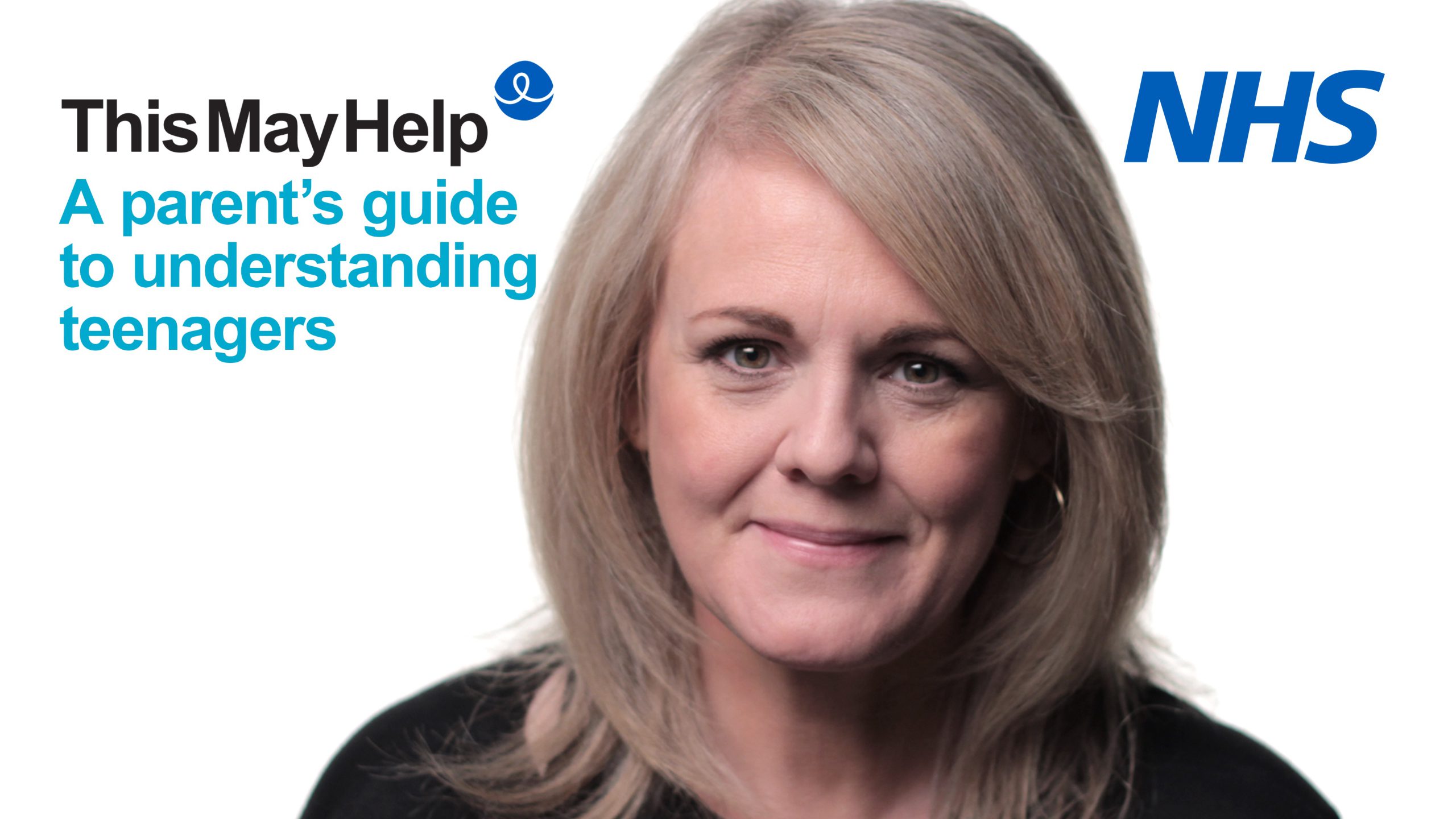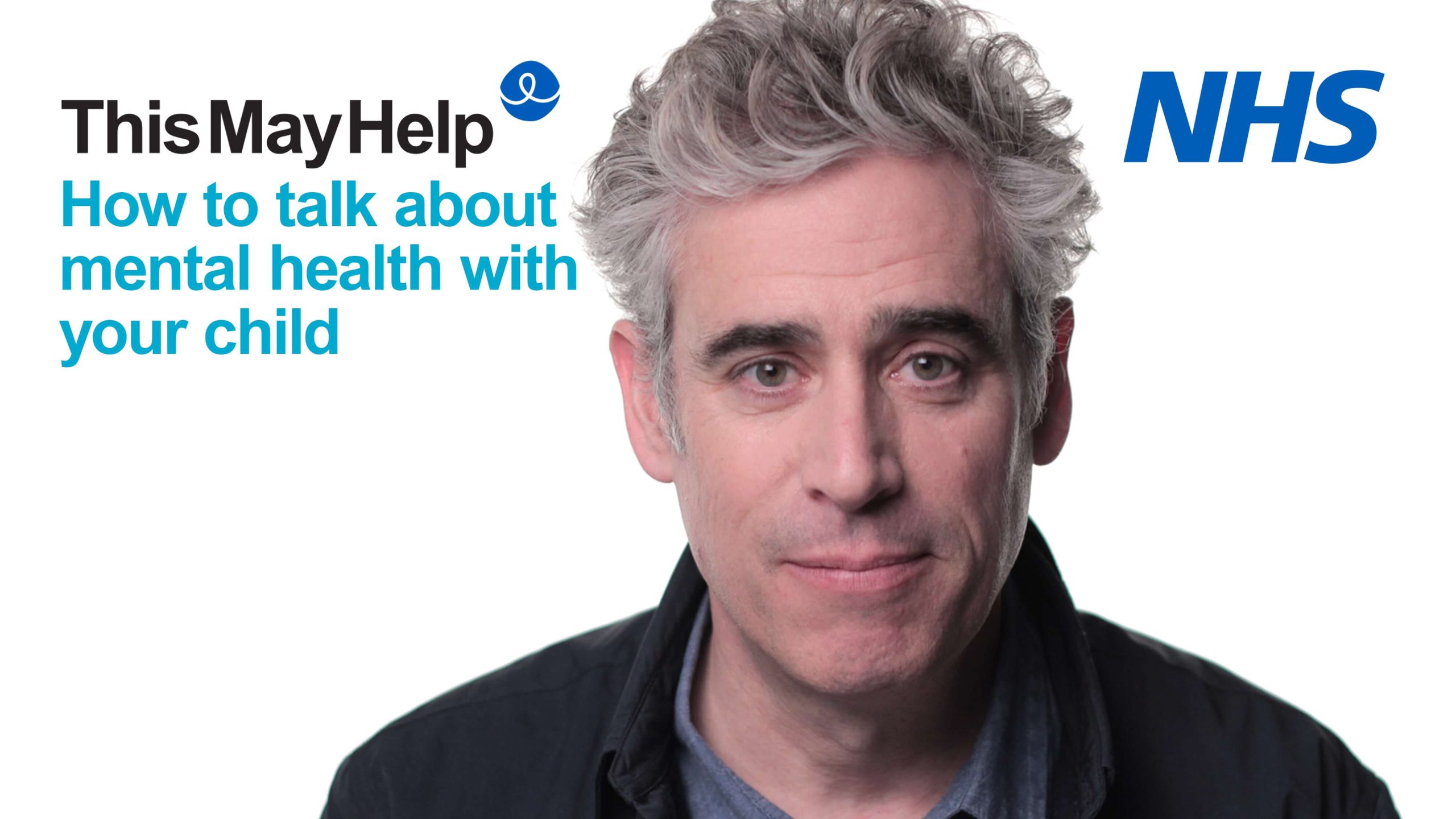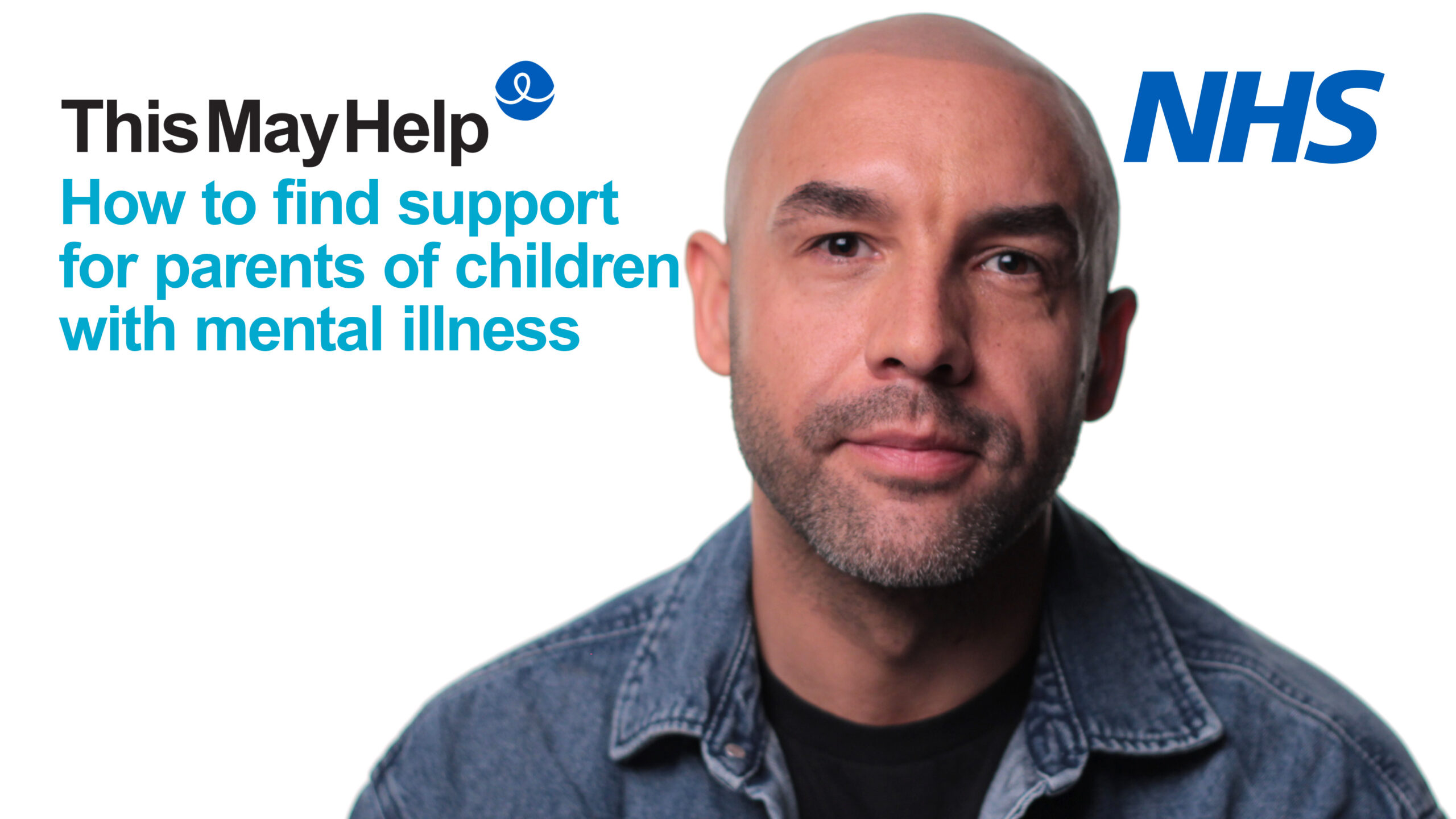Sleep hygiene and good mental health go hand in hand, so it can be really worrying if your child’s struggling to get the amount of sleep they need. In this video, Konnie Huq she shares expert advice from NHS Mental Health Professionals for parents wanting to know how to improve sleep hygiene, with five tips that may help.

More support
1. Try to set their body clock
The body and mind work best when important activities like waking up, eating meals and going to bed all happen at regular times and are in sync with the brain’s internal body clock.
How to set the body clock for better sleep
- Try to prioritise waking up, eating meals and going to bed at the regular times and avoid making plans that might disrupt the routine unless absolutely necessary.
- Encourage them to do outdoor or physical activity in the day and relaxing activity in the evening. This will help them to feel sleepy towards bedtime.
- As tempting as it can be, sleeping in at weekends tends to disturb the body clock, so many parents find it helpful to plan weekend activities that are worth getting up for.
2. Help them to unclutter their mind
Getting to sleep while the mind’s racing or emotions are running high is virtually impossible, so help them to go to bed with a clear head.
Tips for turning off the brain
- Save any disagreements or difficult conversations for the daytime and make sure to reach some form of agreement, as anything unresolved is likely to play on their mind at night.
- If they are stressed, encourage them to talk or write down what’s on their mind. Keeping a notepad and pen by the bed might help.
- If they do want to talk, don’t worry about having all the answers. Instead, just try to listen and be supportive as getting things off their chest will be a big help.
3. Create the conditions for sleep
The body clock responds to signals, so it’s important to create the right conditions for sleeping and that let the brain know that it’s time for bed.
Some things that might help them to sleep
- People have found that sleep management apps, the warmth of a bath or a hot drink, sleep sprays and herbal essences like lavender can help.
- Different things work for different people so you may need to experiment a little to find what works and what doesn’t.
- If the obstacle to sleep is a sensory one, simple adjustments to things like noise, light, smells and textures can make a huge difference.
Some things that make sleeping difficult
- Energy drinks, caffeine, nicotine and activities on electronic devices are well-known to have a negative effect on sleep, so avoid them in the run up to bedtime
4. Research, remedy and review
The more you understand what’s causing the problem the more chance you’ll have of fixing it. To do this effectively you’ll need to collect data, experiment a little and monitor any effects, so starting a sleep diary can help.
Tips for keeping a sleep diary
-
- Try to monitor the times they get to sleep, any waking up times during the night, the time they wake in the morning, any times they sleep or feel sleepy during the day, what they do and how they’re feeling in the run up to bedtime and anything else you think might be relevant.
-
-
- The more information you collect the easier it will be to see any patterns and identify what helps them and what doesn’t.
-
5. Reach out
Problems with sleep and insomnia are more common than you might think, which means there are a lot of other people who have been in similar situations whose experiences may help.
Advice on where to reach out for help
- Your GP or local health centre will be able to refer you to specialist professionals, useful resources and support groups in your area.
Some additional resources that may help
- Teen Sleep Hub: Parents & Carers – Helpful information for you and your teen https://teensleephub.org.uk/parents-carers/
- NHS: Every Mind Matters – Trouble sleeping? https://www.nhs.uk/every-mind-matters/mental-health-issues/sleep/
- Hunrosa: Resources https://hunrosa.co.uk/resources/
- The Sleep Charity: The national sleep helpline https://thesleepcharity.org.uk/national-sleep-helpline/






